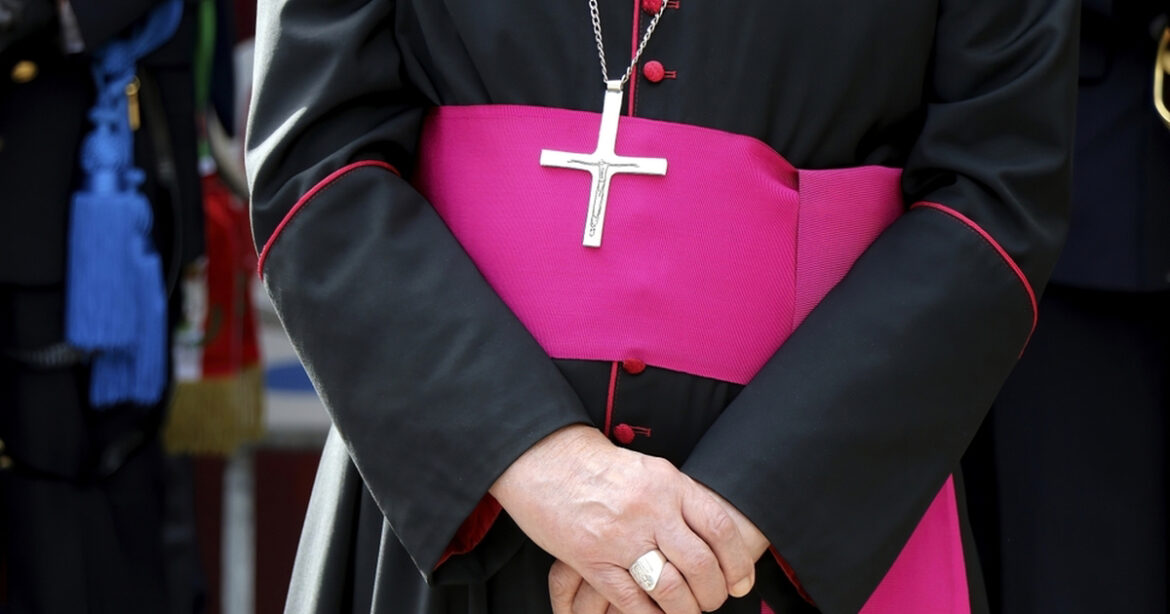During World War II, Sweden maintained a position of neutrality that has long intrigued historians and scholars alike. This neutrality, while officially adopted, did not occur without complexities and ethical dilemmas. Viewing Sweden’s intricate stance through the prism of Christian morality invites a deeper understanding of the decisions made within the confines of war and humanitarian endeavors. The convergence of neutrality, espionage, and humanitarian aid during this period constitutes a compelling narrative not only of survival but also of profound moral wrestling.
Sweden’s neutrality, declared early in the conflict, was rooted in historical context. Previous wars had impinged upon its borders, leaving the nation with a weary caution regarding military engagement. In the eyes of many Swedes, neutrality was seen as a bulwark against the ravages of war. Yet, this policy was fraught with unique challenges. Sweden found itself in a precarious geographical position; it was flanked by Nazi Germany to the south and the Soviet Union to the east. Thus, its commitment to neutrality was necessitated not only by moral conviction but also by the pragmatic necessity of preserving national sovereignty.
However, neutrality did not preclude Sweden from engaging in a complex web of espionage. The Swedish intelligence apparatus became particularly adept at slipping through the cracks of both Axis and Allied operations. Dubbed “the invisible front,” Sweden became a center for espionage where information was traded and gathered. With burgeoning tensions across Europe, Sweden facilitated diplomatic dialogues and clandestine communications, highlighting how neutrality can be an active, rather than passive, stance. The intricate balance of religious ethics bore heavily on such actions; the commandment to ‘love thy neighbor’ often clashed with the necessity of self-preservation. The Swedish leaders grappled with how best to support peace and stability while navigating the treacherous waters of espionage.
As war raged across Europe, the plight of refugees and the displaced became a stark reality. Sweden’s humanitarian response stands as a testament to the Christian principle of compassion. In offering asylum to Jews fleeing the Nazi regime, as well as to political dissidents, Sweden demonstrated a commitment to moral action that transcended mere policy. The actions taken by Swedish authorities resonated with the biblical admonition to care for the least of these. Although some decisions were contentious and the motivations debated, the willingness to offer sanctuary highlighted a collective ethical resolve that many in Sweden felt. The dichotomy of neutrality and humanitarian aid posed a profound question: Could one remain neutral while actively engaging in acts of kindness and mercy?
Moreover, the importance of church organizations during this tumultuous period cannot be overstated. Swedish churches became focal points for humanitarian efforts, mobilizing resources and support for those in need. Their role exemplified how faith communities can play pivotal roles during crises, often acting as conduits for divine grace in times of despair. Organizations such as the Swedish Red Cross worked tirelessly, bolstered by a sense of moral duty that is deeply ingrained in the Christian call to service. Each act of aid was imbued with a deep-seated belief in the inherent value of human life, echoing the Christian conviction of Imago Dei—that each person is made in the image of God.
Yet, challenges persisted, raising significant moral questions. The Swedish government’s dealings with Nazi Germany, including the export of iron ore and facilitating diplomatic passage, were often criticized. Critics argued that economic gains took precedence over humanitarian principles. This juxtaposition of financial pragmatism against ethical commitment presents a compelling dialogue within Christianity, pitting the necessity of worldly sustenance against the call for righteous action. The principles of integrity and ethical leadership became central to discussions about Sweden’s wartime choices and their alignment with Christian teachings about justice, stewardship, and love.
In conclusion, Sweden’s role during World War II encapsulates a magnificent tapestry of neutrality, espionage, and humanitarianism viewed through a Christian lens. The nation’s leaders and citizens alike wrestled with profound ethical challenges, balancing self-preservation with moral imperatives to assist those suffering amidst the chaos of war. As they navigated the complexities of their geopolitical context, the Swedish people engaged in acts of kindness that not only saved lives but also highlighted the enduring relevance of Christian tenets in wartime. Ultimately, the choices made by Sweden serve as a poignant reminder of how faith can be a potent force within the tumult of human history, offering glimpses of hope and ethical clarity within the bleak landscape of conflict. The echoes of these choices resonate to this day, challenging contemporary society to consider how it navigates its own moral challenges and reflecting on the timeless call to serve one another in love and courage.



